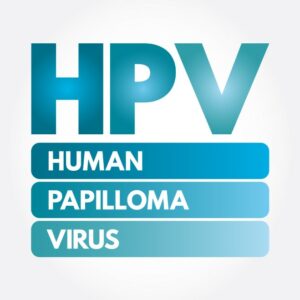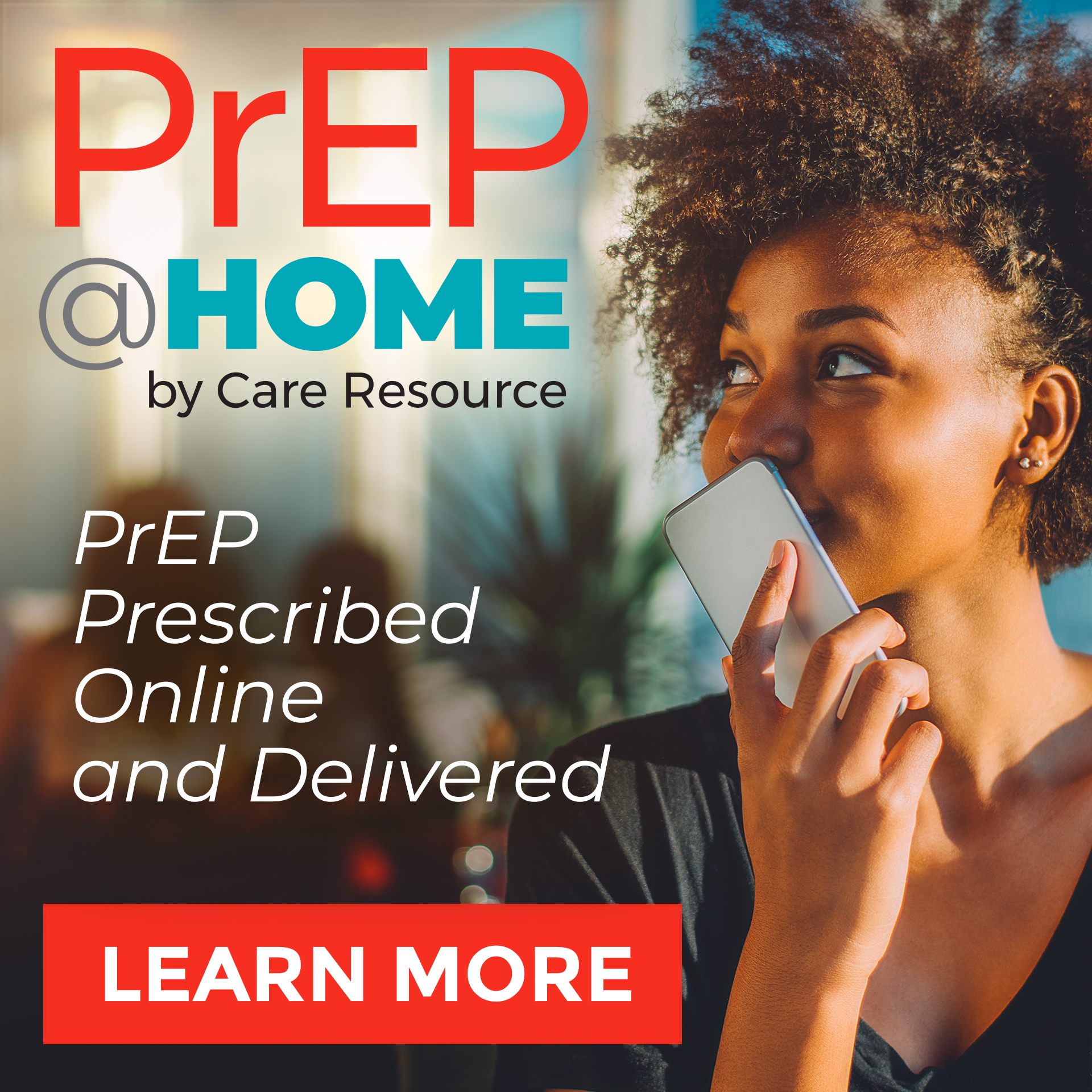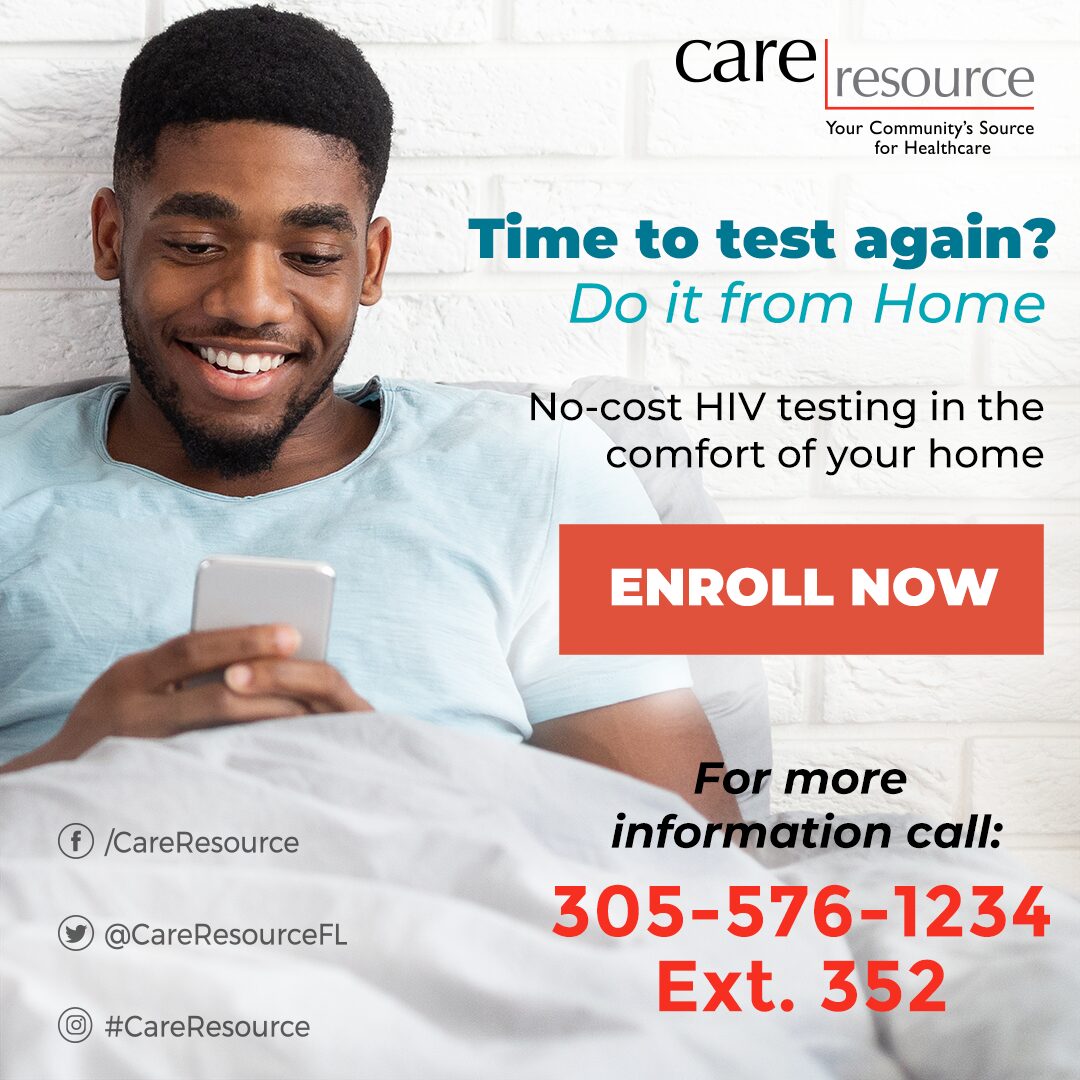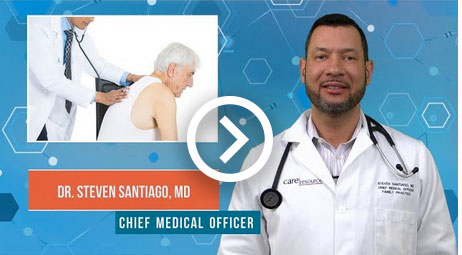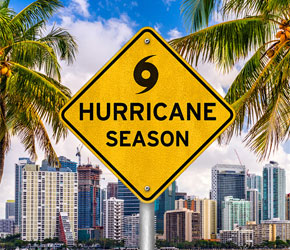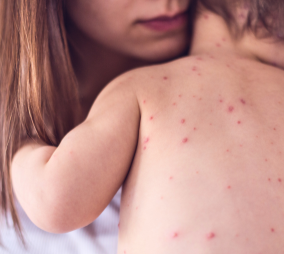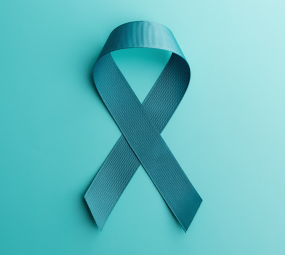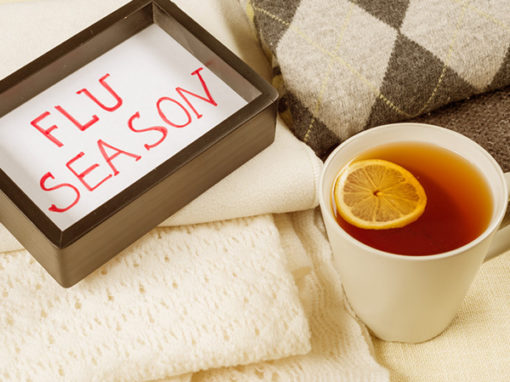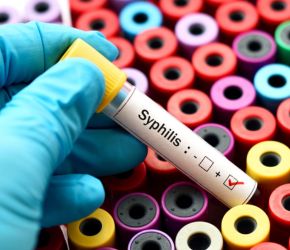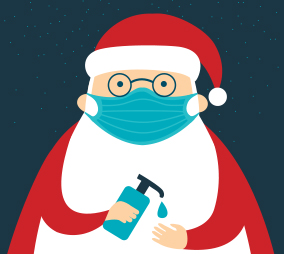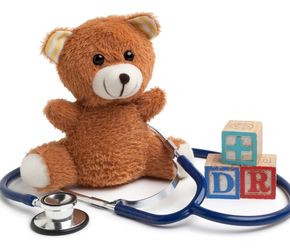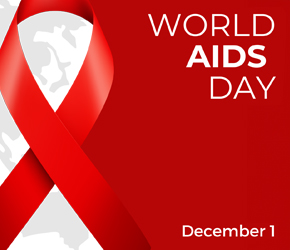What is HPV?
Human papillomavirus (HPV) is the most common sexually transmitted infection (STI). There are over 200 types of HPV. Some types can cause health problems like genital warts and cancer.
How is HPV Spread?
HPV spreads through vaginal, anal, or oral sex with someone who has the virus. It can be passed even if the person has no symptoms. Anyone who is sexually active can get HPV. Symptoms may appear years after infection, making it hard to know when it started.
Can HPV Cause Health Problems?
In most cases, HPV goes away on its own. But if it stays in the body, it can cause genital warts or cancer. HPV is linked to cervical cancer and can also cause cancer of the vulva, vagina, penis, anus, and throat.
How Can You Prevent HPV?
Using latex condoms during sex can lower the risk of HPV, but it does not offer full protection. The best way to prevent HPV is to avoid sexual contact or get vaccinated.
HPV Vaccine Guidelines
- Ages 9–26: The vaccine is recommended, usually starting at age 11 or 12.
- Ages 27–45: Talk to your doctor to see if the vaccine is right for you.
- Pregnant individuals: Wait until after pregnancy to get the vaccine. It is safe to get vaccinated after giving birth.
Learn more from the Care Resource Can Help
CareResource offers medical care for people of all ages. Services include check-ups, vaccines, screenings, nutrition advice, and help managing chronic conditions. We also provide women’s health services like Pap smears, breast exams, and referrals for colonoscopies and prenatal care.
